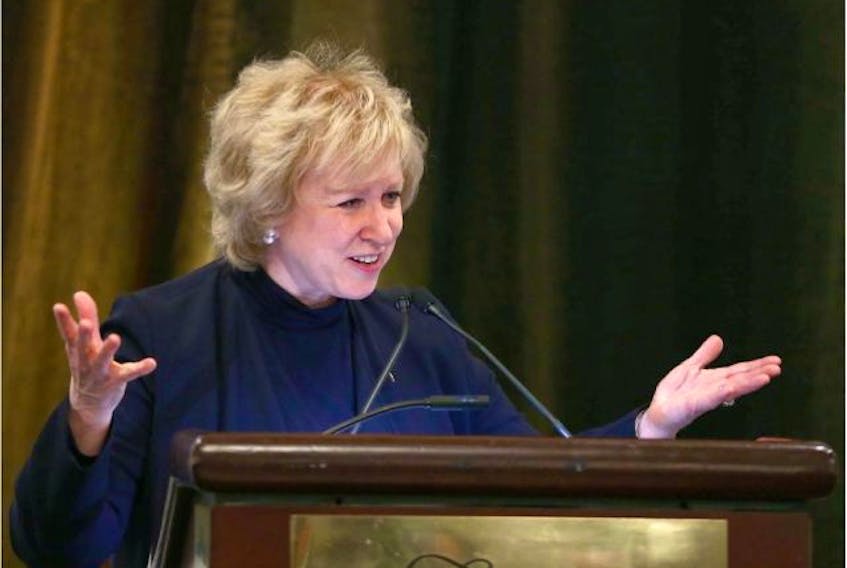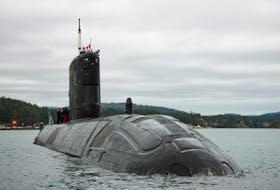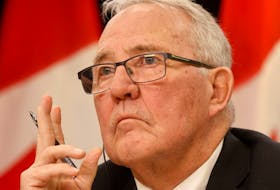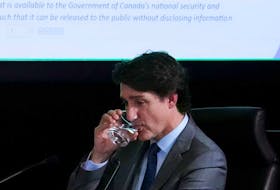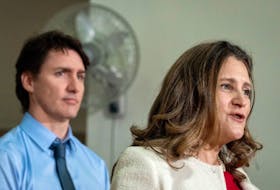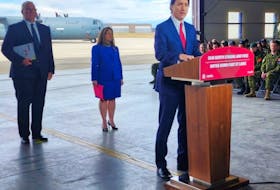And they’re off!
If the pre-writ is prologue, we’ve now launched into what will be the most partisan election campaign since 2006’s “Soldiers in our streets” low-water mark, as one-time wunderkind Justin Trudeau faces the humiliating prospect of becoming a one-term wonder.
The Liberal worry is showing. Where the Trudeau of 2015 was strictly sunshine and rainbows, the 2019 version is warning of restricted abortion and racists lurking underneath the national bed. The Liberals not only spent their way across the country on the taxpayer dime this summer, they also did their best to salt Andrew Scheer’s earth by hammering the Conservative leader on abortion, the Rebel Media affiliations of his top campaign aide, and even Scheer’s indisputable claim to a middle-class upbringing.
Where the Trudeau of 2015 was strictly sunshine and rainbows, the 2019 version is warning of restricted abortion and racists lurking underneath the national bed.
The reappearance of the herpetic SNC-Lavalin scandal on election eve – following the publication of a bombshell report about the RCMP being stymied in their efforts to determine whether Trudeau obstructed justice on SNC – guarantees more Liberal hysteria on social issues is on the way. To win, Trudeau must scare progressives back to his tent, and beating on social conservatism is the best way to do it.
And if that doesn’t quite do the trick you can rest assured the Liberals will start raising the spectre of “populism” in Canada, a phenomenon that has yet to properly arrive in this country, despite the Liberals’ claims that Scheer, Doug Ford and Jason Kenney are Donald Trump incarnate.
Regardless, the more the Liberals deflect and the more the Conservatives fire back, the less chance we’ll be talking about the other issues we should be covering in this national campaign. An election may be “no time to discuss serious issues” in the words of former prime minister Kim Campbell, but that doesn’t make the country short of serious issues.
If climate change is your priority, you’re faced with the prospect of a phony war between the two major parties, both of whom are offering up plans that don’t meet Canada’s emissions targets. Not that this will stop Trudeau from pretending that his does, or stop Scheer from slating the carbon tax without having a serious plan of his own. And you can rest assured there will be no serious talk of adapting to the climate change that’s already here, or how high to hike the carbon tax to meet Canada’s international commitments.
Moreover, because Trudeau welshed on his 2015 promise to scrap our first-past-the-post electoral system, a vote for Elizabeth May’s Greens or Jagmeet Singh’s NDP on the environment is a waste of a ballot, even if you think their environmental plans are more in tune with the planet’s needs.
Canada’s medium- and long-term labour needs are also an issue. With unemployment low, Canada’s economy will require an aggressive approach to immigration for the foreseeable future. But instead of a reasoned discussion about what kinds of immigrants we seek and how best to integrate them, we’re more likely to get a bust-up over how Maxime Bernier was once every Conservative’s second-favourite Conservative. And instead of a constructive conversation about securing our borders and revisiting the Safe Third Country Agreement with the United States, we’ll be treated to snark about who was being “un-Canadian” when illegal migrants were pouring across rural borders in Quebec and Manitoba.
The growing rural-urban divide is another issue likely to be ignored, as the parties play to their respective electoral dominance in each area. And what of the rise of technology and the future of work and the relative impact on our less connected conurbations (including Indigenous reserves)? And what of the reform of capitalism, or the power of the big tech companies, including Google, which is now facing an anti-trust investigation by 50 attorneys general in the United States? Not much, I worry.
Canada’s economic engine still relies on natural resources but we’re not likely to chart a true path forward on pipelines or responsible resource development in an election where the Liberals expect a wipeout in Alberta. But with successive governments having failed to get new pipeline capacity to the West Coast, some fresh thinking is needed. Right now most Albertans see a prime minister who is willing to break the law for a Montreal engineering company but isn’t much bothered by tens of thousands of jobs at risk in their province. A prime minister re-elected with no representation in the province could take the issue nuclear.
Ignoring these issues or shutting down the debate around them is what will finally give rise to a true populism in Canada. A government disconnected from Canada’s vast hinterlands risks becoming a swamp like Washington D.C. or a tone-deaf centre of the universe like London, England, and we’re seeing how well that has turned out.
But ignore them we will.
Andrew MacDougall is a London-based communications consultant and ex-director of communications to former prime minister Stephen Harper.
Copyright Postmedia Network Inc., 2019

